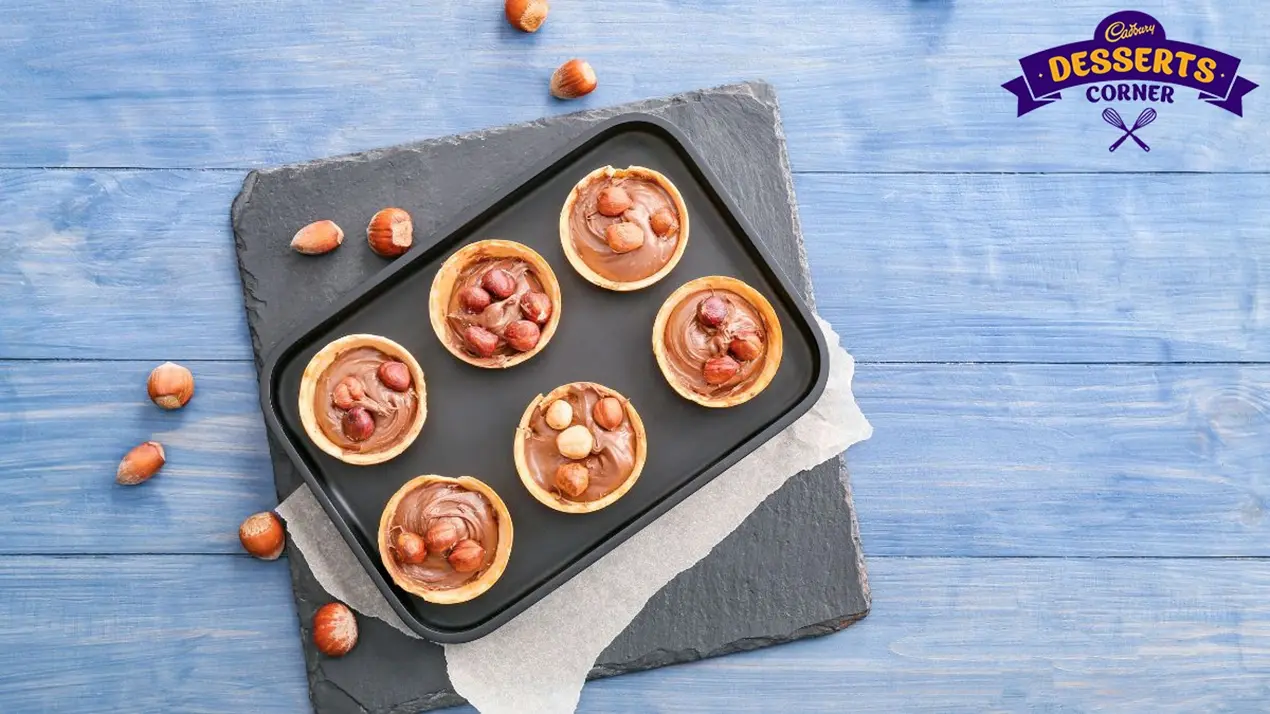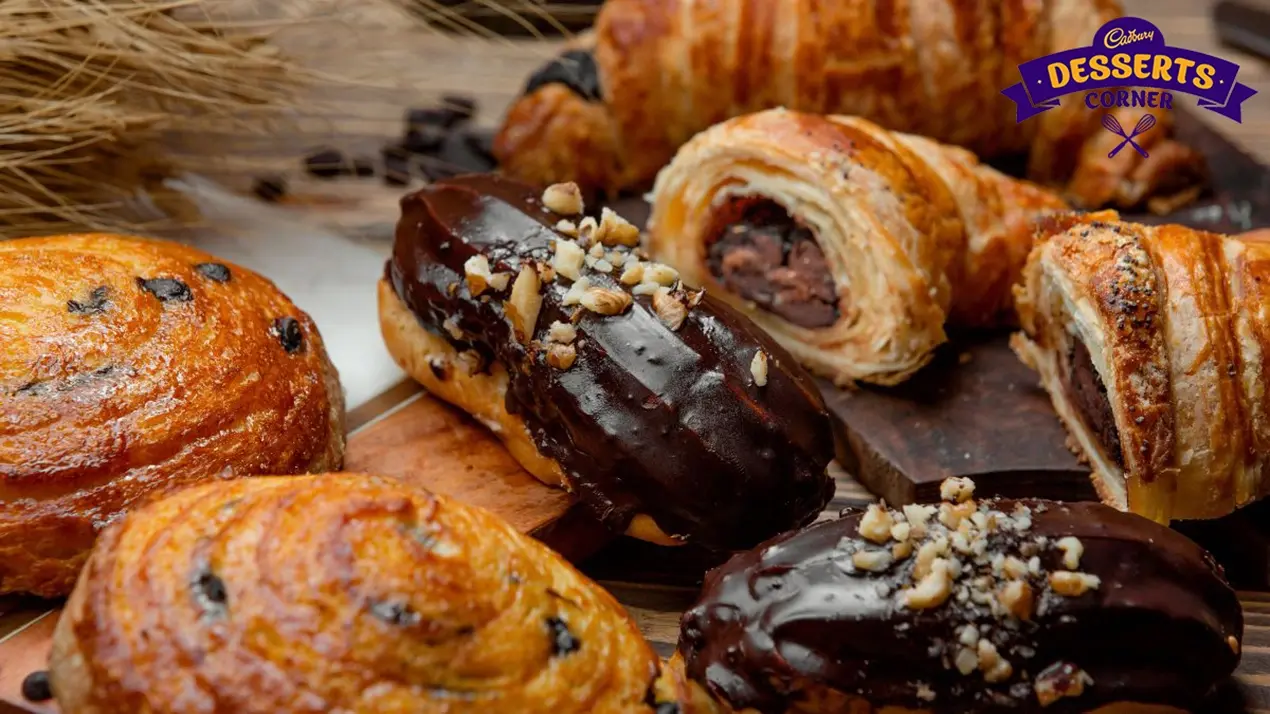This guide ensures you’ll never have to wonder about whether to use oil or butter in your culinary adventures.

The role of oil and butter within the world of desserts goes beyond taste; it's an art that transforms textures, flavors and ultimately gives soul to the final delicacy. Choosing between oil and butter when it comes to desserts is a decision that can elevate an ordinary sweet treat into an awe-inspiring creation.
The Role of Oil in Desserts

Oil being in form at room temperature is known for its ability to impart moisture and tenderness to desserts. When you take a bite into an oil-based cake, you are greeted with a texture that practically melts in your mouth. This is because oil effectively coats the proteins in flour better than butter does, thereby preventing gluten formation and resulting in a lovely crumb.
When to Consider Using Oil
- For Moisture and Softness: Oil works wonders for cakes, muffins and quick breads where achieving a tender and moist crumb is desired.
- In Dense Desserts: In desserts like carrot cake or banana bread, oil complements the dense texture, enhancing the richness without overpowering the flavor.
- High Altitude Baking: Oil's moisture-retaining properties make it ideal for baking at high altitudes where dryness is a concern.
The Allure of Butter in Desserts

Butter on the other hand, holds a vital place in traditional baking. It's not just an ingredient; for instance, when you combine butter with sugar, it's about more than blending two components — it's about infusing air, promising an airy texture in cakes and cookies. Moreover, butter adds a touch of indulgence with its flavor that's unmistakable.
When to Choose Butter
- For Flakiness and Taste: In pastries, such as croissants and pie crusts, using butter is non-negotiable to achieve that texture and delectable taste.
- When Creaming Matters: In cookies and certain types of cakes that require the creaming method, butter becomes essential for its ability to incorporate air, resulting in a light and delicate crumb.
- For an Aroma: The distinctive aroma of butter plays a role in many beloved desserts, like shortbread and pound cakes where its flavor is just as important as its functionality.
Alternatives to Oil and Butter
While oil and butter are typically the go-to choices, there are occasions when people seek alternatives whether its due to dietary restrictions or simply to add a twist to their recipes. These ingredients can come to the rescue:
- Applesauce: A substitute for oil, particularly in muffins and quick breads. It adds moisture without the added fat.
- Avocado: A healthier option for fat, avocado can be used as a replacement for butter in recipes providing a creamy texture.
- Yogurt or Buttermilk: These can be utilized to introduce moisture and a subtle tanginess found in cake recipes.
When Can You Use Either?

There are situations where both oil and butter can be interchanged, depending on the desired outcome.
- In Some Cakes and Cupcakes: Depending on the desired texture and flavor you can opt for either butter for richness and lightness, or oil for moistness and density.
- Cookies: While butter is the choice for cookies like chocolate chip, oil can be used to achieve a chewier texture.
Ultimately, the decision between using oil or butter in desserts isn't about choosing one over the other, it's an assessment of flavors, textures and aromas. Each has its charm and purpose. Oil brings moisture and tenderness, making it ideal for dense desserts. Butter, with its taste and ability to make baked goods fluffy is at the core of traditional treats. Deciding between butter and oil is like choosing between styles—they're both beautiful just in their own unique way.
As a home baker, understanding this not only improves your baking skills but also deepens your appreciation for the art of dessert making. So, when you find yourself in the kitchen to create a dessert, think about the role of your fat—whether it's oil or butter—and how it will shape the essence of your creation. The world of desserts is vast and diverse, and your choice of fat acts as a brushstroke on this canvas of culinary art.
Like This Article?
More Like This



Popular Articles



Trending Web Stories
Curated Recipes





















